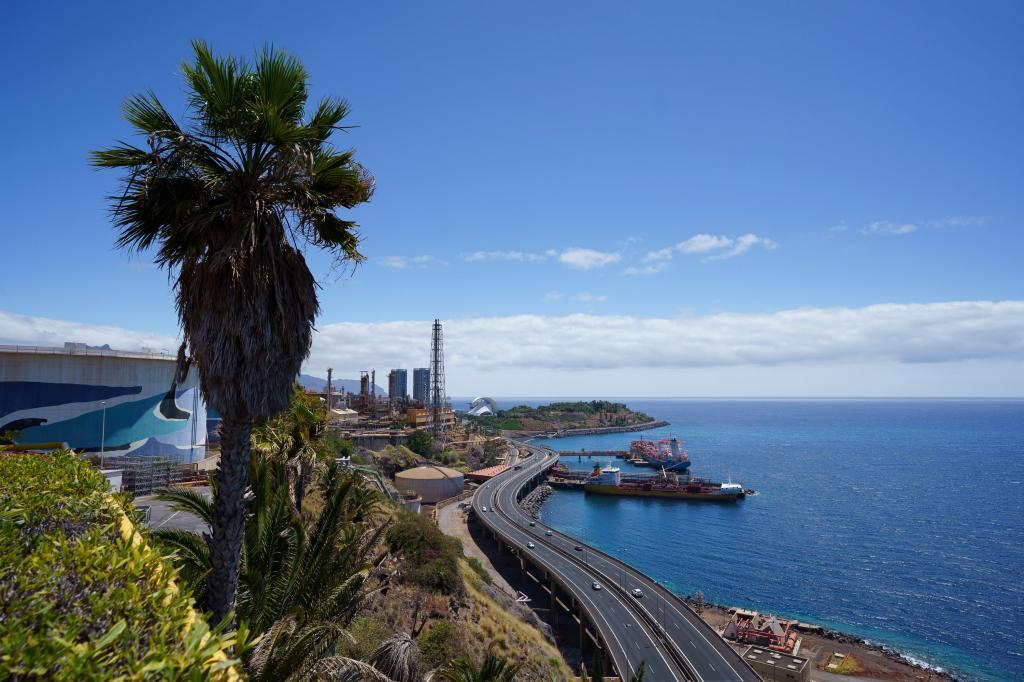Cepsa will invest 400 million euros in this decade to lead the energy transition and become the great leader in electric mobility on the Islands.
In the next 12 months, the company will install 100 ultra-fast chargers of 150 kW in more than half of its establishments in the Islands; and, in 2024, it hopes to have these devices in all its Community Service Stations. Likewise, Cepsa will market second-generation biofuels on the Islands to decarbonise sectors such as air and maritime transport. Over the next two years, the company will deploy the largest ultra-fast electric charging network in the Archipelago.
The company is developing an ecosystem of alliances to promote sustainable tourism in the Islands and offer global solutions to its clients. In the field of aviation, Cepsa has reached two agreements with the main airlines that operate in Canarian airports: Binter, Iberia, and Air Nostrum, to promote the development and research of sustainable fuels for aviation. Compared to conventional fuel, SAF can reduce aviation emissions by up to 80% compared to conventional kerosene.
Cepsa will also build a strategic and digitized logistics infrastructure in the Port of Granadilla, which will allow energy transit and the distribution of all types of fuels, including biofuels, since it has a concession in this port located in the south of the island of Tenerife, where will install this new terminal that will be operational in 2025 and will have a capacity of 121,500 m3, of which more than half will be used for the storage of fuel for aviation.
During his visit to the Canary Islands, Maarten Wetselaar, CEO of Cepsa, highlighted: “We maintain a historic commitment to promote the energy transition in the Canary Islands. As the leader of the energy sector in the Islands, our ambition is to continue contributing to their social and economic development , ensuring the energy supply and providing increasingly clean energy, through the largest ultra-fast electrical charging network in the Archipelago and the supply of green molecules, essential for the decarbonisation of sectors as relevant to the Canary Islands as tourism, air transport and the maritime”.
Cepsa has begun the dismantling of the Tenerife Refinery, which will be carried out gradually over the next few years. To do this, the company will follow a schedule agreed upon with the Canarian Government, guaranteeing the energy supply of the Islands at all times. This project, called Santa Cruz Verde 2030, will allow these industrial lands, with an extension of more than half a million square meters, to be returned to the city of Santa Cruz at the end of this decade.
Teresa Ribera, Third Vice President of the Government and Minister for the Ecological Transition and the Demographic Challenge, visited this facility yesterday to learn about this unique de-installation and remediation project in Spain, where she highlighted its relevance, as it is a new milestone within Spain’s commitment to leading the energy transition in Europe.
Conforms to The Trust Project criteria
















